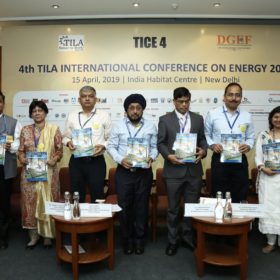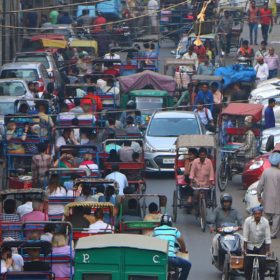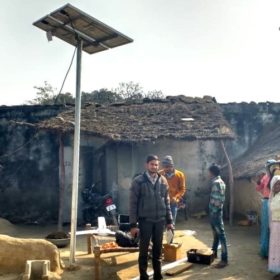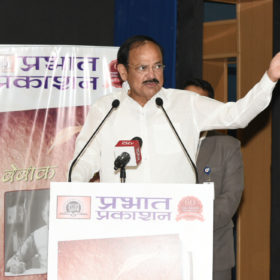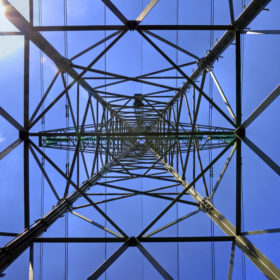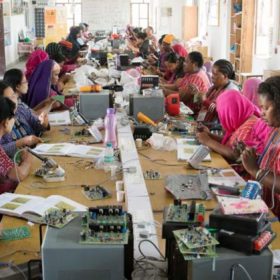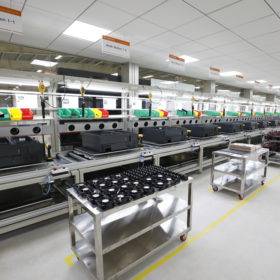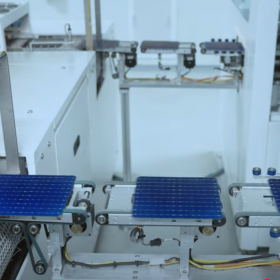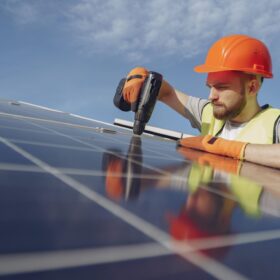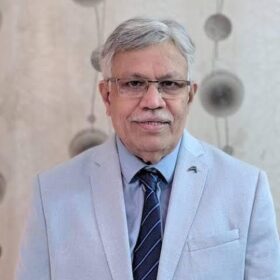Making “Right to Energy” possible
Themed around “Right to Energy,” the 4th TILA International Conference on Energy (TICE 4) held recently in New Delhi aimed to accelerate the pace of energy revolution through intensive deliberations and concerted initiatives among countries. Well attended by over 400 delegates, the international event highlighted that energy is going to be the next big revolution after telecom.
Shuttl will add 300 e-buses by 2020, BRPL fleet to go all-electric by 2030
Mobility company Shuttl will also set up more than 50 EV charging points in prime locations and state-run power distributor BSES Rajdhani Power Limited will invest in testing facilities to support stabilizing the grid for EV charging, as well as pilot schemes on effectively integrating renewable electricity into its network.
Alternative charging options drive down battery costs for ebuses
All-electric buses will cost the same as diesel options by 2030 – and possibly earlier – according to research into the global EV market which highlighted the potential for India to follow China’s lead in the sector.
Off-grid villages in Uttar Pradesh go 100% solar
Lack of road access meant PV panels had to be brought in by boat to be installed on the roof of every home under the government’s Saubhagya rural electrification scheme.
Asian countries must promote clean technology – vice president Naidu
Asia is home to more than 60% of the world’s population, about half of whom live in cities and towns. With climate change being largely driven by urban centers, Vice President Naidu called upon governments across the continent to build climate resilient communities.
India’s solar sector will outperform globally despite near-term challenges, says Fitch Solutions
With Narendra Modi being tipped to triumph again in the current Indian elections, Indian solar capacity is expected to grow robustly, at 15.3% per year, on the back of continued strong government support.
India urgently requires policy on PV waste management: Bridge to India
The nation is trailing behind peers such as the EU when it comes to policy guidelines for materials and recycling and the lack of a viable business case for reusing materials doesn’t help matters.
China sheds light on transition to subsidy-free solar
An emphasis on grid-parity PV has been hammered out in the latest policy document to emerge after several weeks of haggling in Beijing. Chinese analyst AECEA says the success of the subsidy-free effort will hinge on the ability of power companies to transmit and guarantee consumption of the power generated by new projects.
India and Madagascar’s Barefoot solar connection
An Indian non-profit and a global conservation charity have joined forces to bring solar lighting and heating to off-grid rural areas in Africa – and they are doing it with an army of middle-aged women: the ‘Solar Mamas’.
MNRE issues guidelines for approval of solar inverters
India’s Ministry of New & Renewable Energy (MNRE) has issued guidelines for solar PV inverter manufacturers to get their products tested and approved by Bureau of India Standards (BIS) certified labs. These guidelines apply to off-grid, grid-tie and hybrid inverters of capacities up to 150 KW.
